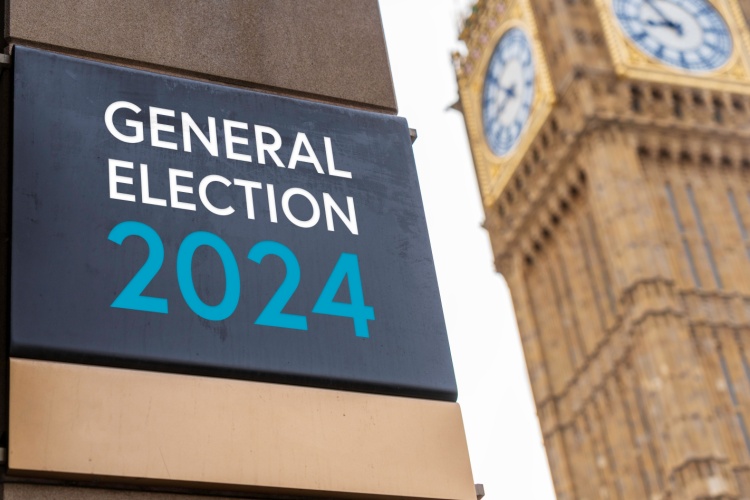Guide: Your complete guide to buy-to-let
10/08/22
Buy-to-let properties can provide an additional income stream and help you to support your goals. As a result, becoming a landlord is something you may have thought about.
For example, you may want to purchase a buy-to-let property to diversify your assets or provide children with an inheritance. One of the most common reasons is to fund retirement.
However, it’s also common to have concerns about buy-to-let. You may worry about understanding the regulations and tax requirements if you become a landlord.
If you’re thinking about investing in a property, there are some important things to consider first. This guide explains some of the essential things you need to know, including:
- How a buy-to-let mortgage works
- What taxes you may need to consider as a landlord
- How to reduce tax liability
- What to consider when you’re choosing a buy-to-let property
- And more…
Download your copy of ‘Your complete guide to buy-to-let’ to learn more.
If you have any questions about the contents of the guide or would like to discuss your buy-to-let plans, please contact us.




